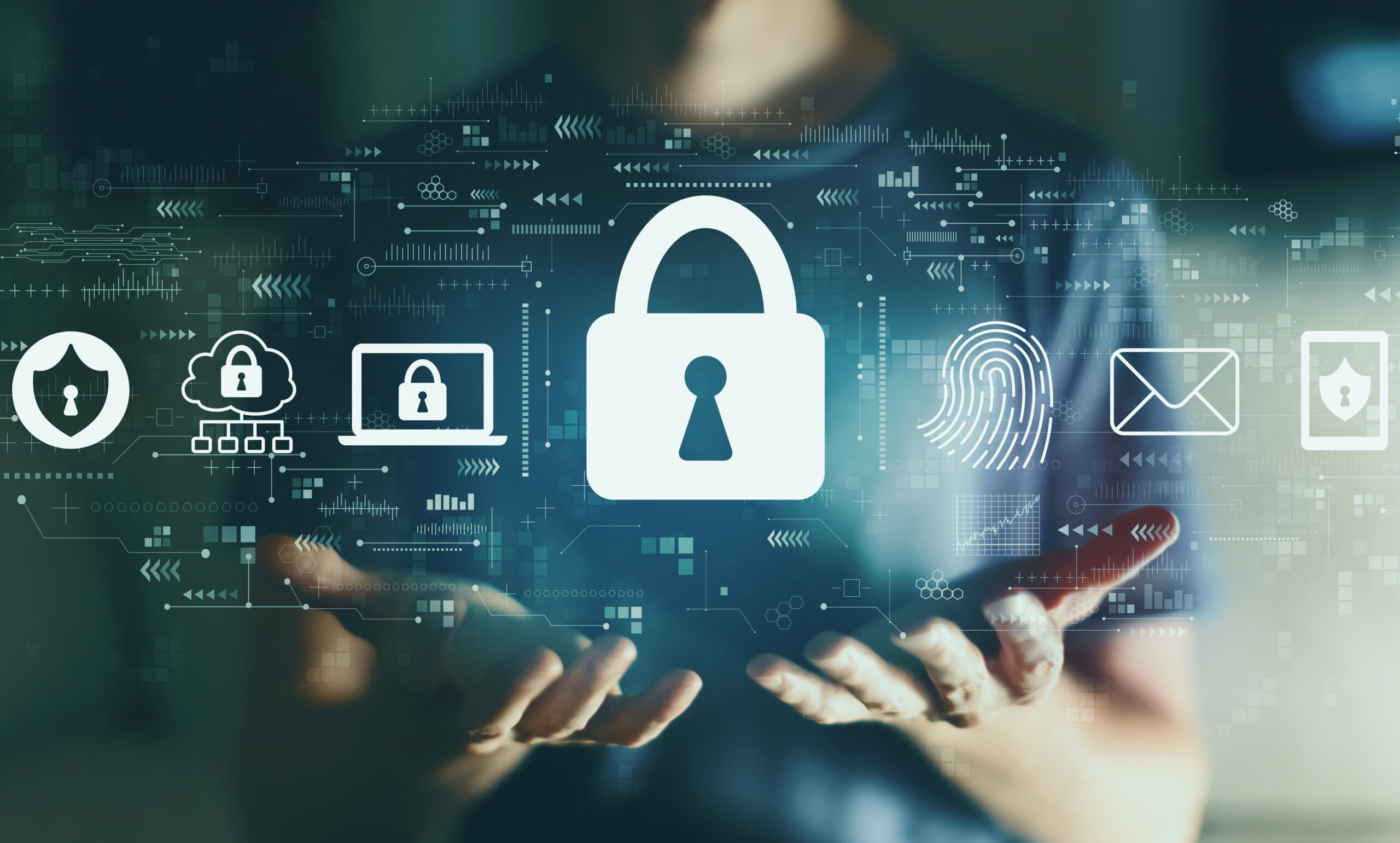Running a business means inevitably dealing with all kinds of data. Even if you’re a small or medium-sized business (SMB), you handle customer information, payment details, and even trade secrets. These things are gold for cybercriminals, and leaving your systems unguarded is akin to leaving your front door unlocked with a pile of cash sitting on the counter.
You might think, ‘Breaches won't happen to me,’ but trust us, digital crooks are getting smarter by the day — and they won’t discriminate about what kind or size of business to attack. This makes small business cybersecurity essential.
The Importance of Cybersecurity for Small Businesses
Only big corporations make the headlines when they get hit by a breach, so the public generally thinks that cybercriminals only go after conglomerates with deep pockets. That's not actually the case, and SMBs are surprisingly the prime targets. But why is this so?
Why Small Businesses Are Prime Targets for Cyberattacks
Many small organisations don't have robust cybersecurity measures. Hackers know this, and they will take advantage of this fact whenever possible. They figure SMBs are less likely to detect and respond to attacks quickly, giving them more time to cause damage.
Plus, small businesses are typically connected to a larger supply chain. If cybercriminals break into a smaller company’s systems, they can use this access to infiltrate bigger companies and wreak greater havoc.
The Impact of Cybersecurity Breaches on Small Businesses
We all know two things to be true: first, data breaches are costly; second, SMBs have limited resources. Essentially, if a small organisation gets hit by a cyberattack, it will drain them financially. But that’s not all. Breaches can also halt operations, start legal proceedings, and turn away customers. In worst cases, the damage can be so severe that it forces the business to close its doors permanently. All of this underpins the importance of small business cybersecurity.
Top Cybersecurity Threats Facing Small Businesses in 2024
Things are moving at breakneck speed in the digital world, making it critical to keep an eye out for the following cybersecurity risks for small businesses. If you don’t, your business could be in danger.
Phishing Attacks
Think of phishing scams as pesky spam messages, but a great deal more dangerous. Phishers use various communication channels (ex. phone calls, emails) and pretend to be someone trustworthy so they can con people into revealing passwords, credit card numbers, or other information. Phishing emails, in particular, contain links that direct to legitimate-looking counterfeit sites, making it easy for unwitting users to fall prey to the attack.
Ransomware Attacks
Ransomware can shut your operations down by locking you out of your systems until you pay the attacker, often in cryptocurrency. But beware: paying ransom doesn’t automatically guarantee that you’ll get your access back. Some cybercriminals simply take your money and run.
Insider Threats
There are also risks your own employees pose. There could be disgruntled workers, careless individuals, or people granted access permissions beyond their role. They may take advantage of their position to remove vital data or inadvertently open your systems to cyberattacks.
Malware and Viruses
Cybercriminals have specifically engineered these threats to cause chaos and disruption by disabling your system, stealing data, or executing other harmful functions. Both malware and viruses can come from infected email attachments and websites, or unsecured downloads.
Weak Password Security
Hackers use an advanced trial-and-error technique called brute force attacks to guess your passwords. Through this method, a weak password can be cracked within seconds. If you don’t use unique and strong passwords, you're basically giving hackers free reign over your data.
Unsecured Networks and Devices
Another often overlooked threat is the use of unsecured networks and devices. When you use something with weak security (ex. public Wi-Fi hotspots), you make it easy for hackers to eavesdrop on or steal your data.
Social Engineering Attacks
In this attack, cybercriminals gain their target’s trust through impersonation or other deceptive tactics. For example, they may pretend to be a tech agent who will ask for an employee’s login credentials so they can purportedly resolve a problem. This kind of attack is tricky, since it uses emotional manipulation to make users disregard security measures they usually follow.
Cybersecurity Best Practices for Small Businesses
Given all the threats facing your SMB, it’s easy to panic. Don't. A smart and necessary move is to balance your approach to cybersecurity by incorporating the following into your strategy:
Emerging Cybersecurity Trends in 2024
Some of the most recent cybersecurity trends have a potential impact on SMBs, including:
Conclusion
It’s time to take small business cybersecurity seriously. Get to know the threats to your organisation in depth, and take the time to follow the steps outlined above to prevent them. This way, you can drastically minimise your chances of becoming a victim of cyberattack.
Want to take your cybersecurity to the next level? Our IT experts at Techware got you covered. We’ll develop a personalised cybersecurity strategy that tackles your SMB’s particular risks and challenges. Book your free consultation now.


Leave a comment!